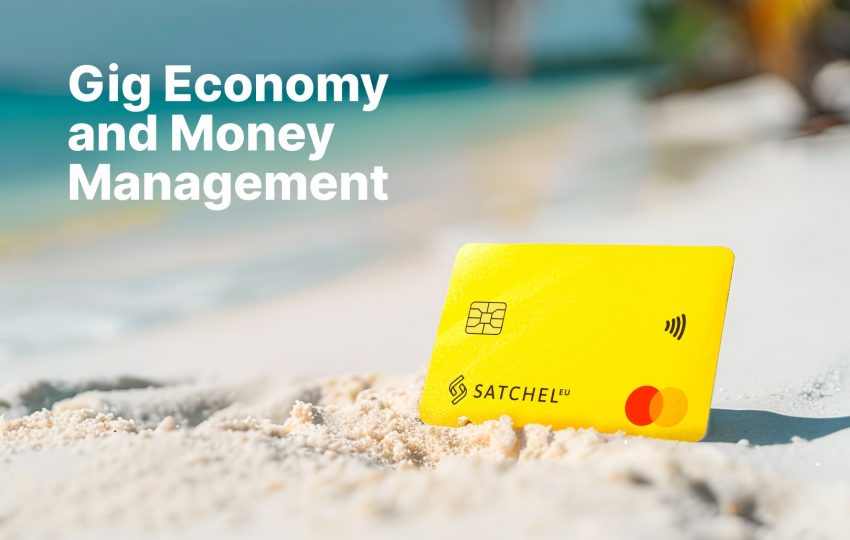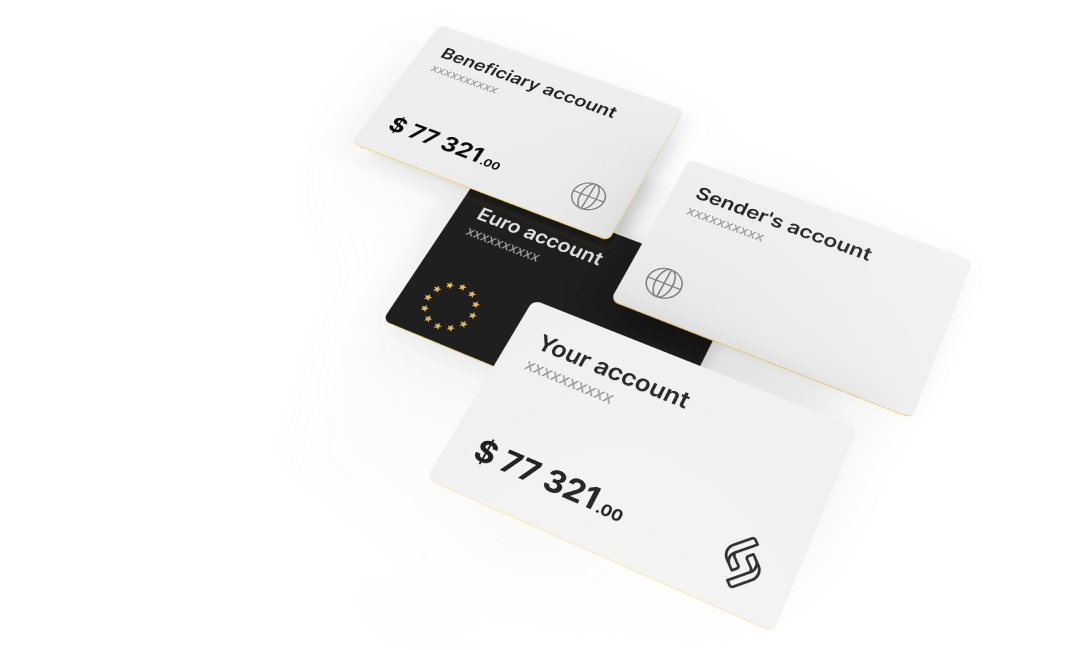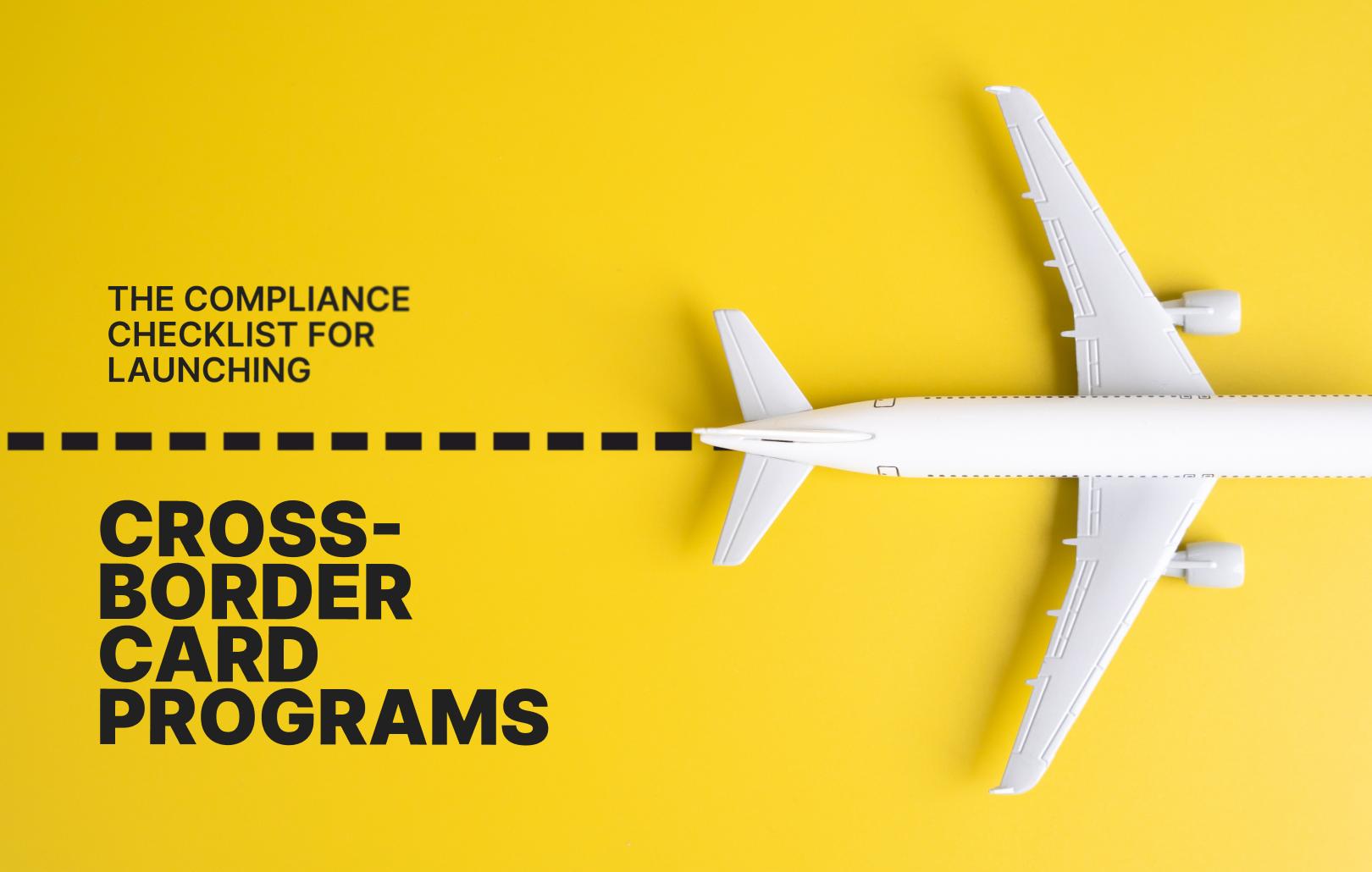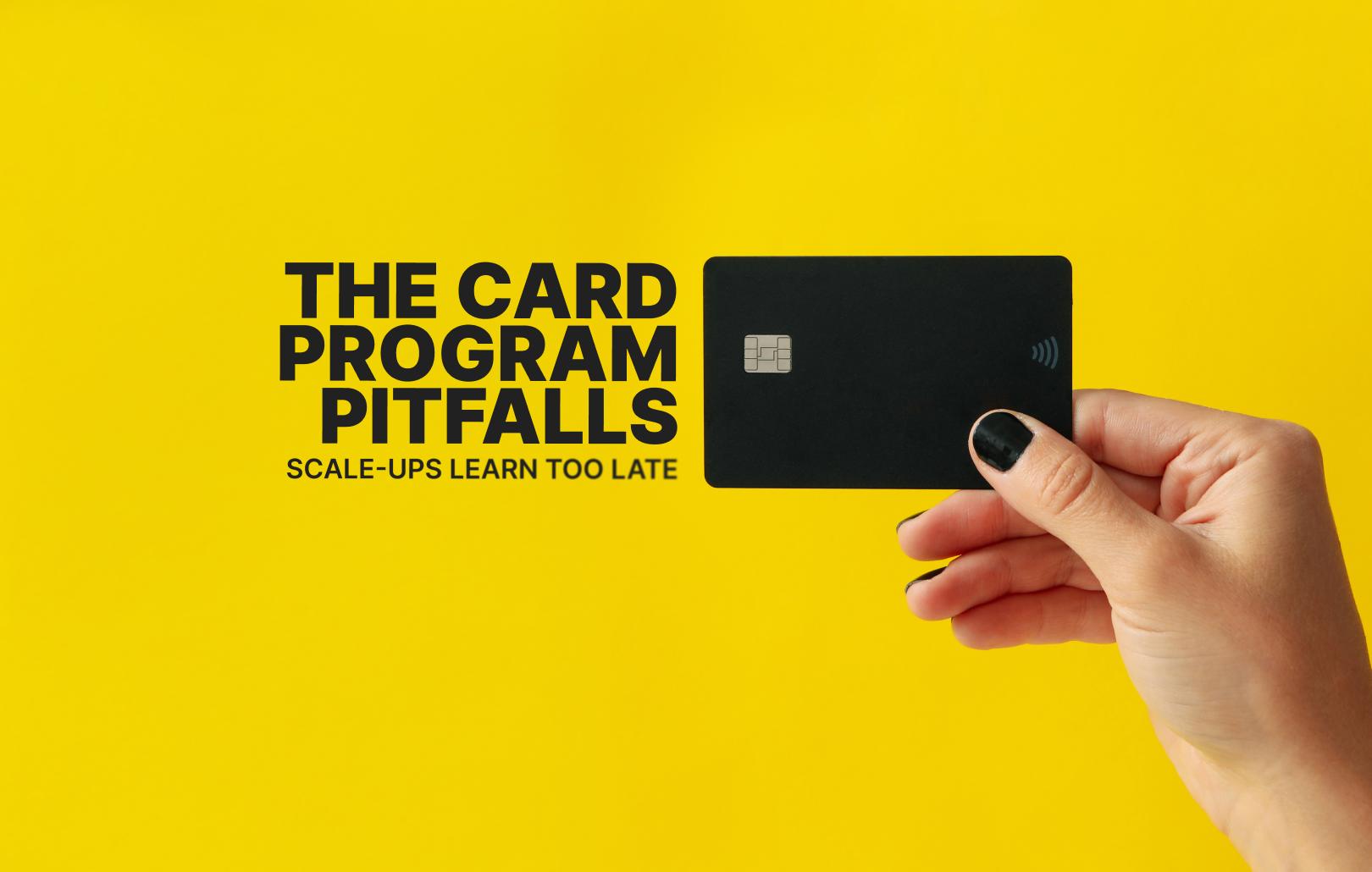Gig economy and money management: tips for freelancers and side-hustlers

The gig economy has rapidly transformed the way we work. From freelancing to side hustles, more people than ever are trading in the 9-to-5 grind for the flexibility of independent work. Whether you’re a full-time freelancer or juggling a side hustle alongside a traditional job, managing your finances is key to making the most of the gig economy. In this article, we’ll explore some essential money management tips to help freelancers and side-hustlers thrive financially.
Understand the financial implications of gig work
Unlike traditional employees, freelancers and gig workers don’t receive benefits like health insurance, retirement plans, or paid time off. Therefore, it’s crucial to factor in these costs when setting your rates or planning your budget. Treat your income as more than just take-home pay – remember to account for taxes, business expenses, and the benefits you’re missing out on.
Tip: Consider setting aside 25-30% of your income for taxes. It’s also wise to build an emergency fund that can cover at least three to six months of living expenses, given the potential income fluctuations in gig work.
Budget like a pro
A budget is your financial roadmap, especially when your income varies from month to month. Start by tracking your earnings and expenses regularly. Identify fixed expenses (like rent and utilities) and variable expenses (like groceries and entertainment). Prioritize needs over wants, and make sure you’re not overspending during high-income months.
Tip: Use budgeting apps like YNAB, Curve, PocketGuard, or Wally to track and categorize your income and expenses. If you are not willing to pay for your money management subscriptions, a Google Drive spreadsheet will work just as well. This helps you stay on top of your finances and make informed decisions.
Separate business and personal finances
Keeping your business and personal finances separate is critical for managing your money effectively. Open a separate bank account for your gig earnings, and use it solely for business expenses. This makes it easier to track your income, file taxes, and manage cash flow.
Tip: Consider setting up a business account and using accounting software like B1.lt in Lithuania, QuickBooks, Xero, or FreshBooks globally. These tools can help you track expenses, send invoices, and prepare for tax season.
Set financial goals
Just like in a traditional job, it’s important to set financial goals as a gig worker. Whether it’s saving for retirement, buying a home, or paying off debt, having clear goals will help you stay motivated and focused. Break your goals into smaller, actionable steps, and track your progress regularly.
Tip: Automate your savings by setting up regular transfers to a separate savings or investment account. Even small, consistent contributions can add up over time.
Plan for retirement
One of the biggest challenges for freelancers and side-hustlers is saving for retirement. Without employer-sponsored plans, it’s up to you to plan for your future. Fortunately, there are several retirement savings options available for self-employed individuals, including voluntary private pension funds (pillar III), investment and savings accounts, or life insurance with investment options in Lithuania, or SEP IRAs, Solo 401(k)s, and Roth IRAs in the USA. In Europe, private pension schemes vary by country and often come with their own set of tax benefits and rules.
Tip: Aim to contribute at least 15% of your income to retirement savings. If you’re unsure which retirement plan is right for you, consider consulting a financial advisor.
Get the right insurance
Without employer-sponsored insurance, freelancers need to find their own coverage. Health insurance is a must, but don’t overlook other important types of insurance, such as disability and liability insurance. These can protect you in case of illness, injury, or legal disputes.
Tip: Explore options through the Health Insurance Marketplace, freelancers’ unions, or professional associations, which often offer group rates on insurance.
Build multiple income streams
The gig economy can be unpredictable, with income fluctuating from month to month. One way to mitigate this risk is by diversifying your income streams. In addition to your primary gig, consider taking on side projects, creating passive income (such as through investments or digital products), or developing new skills to expand your offerings.
Tip: Look for opportunities to monetize your skills in different ways, such as teaching, writing, or consulting. Diversification not only boosts your income, but also increases your financial security.
Be tax-savvy
Taxes can be a headache for freelancers, but with some planning, you can avoid unpleasant surprises come tax season. In addition to setting aside money for taxes, keep track of all your business-related expenses, as many of them are tax-deductible. Common deductions include home office expenses, travel, equipment, and software.
Tip: Consider working with a tax professional who understands freelance work. They can help you maximize deductions and ensure you’re paying the right amount of taxes throughout the year.
Stay educated
The gig economy is constantly evolving, and staying informed about financial trends and opportunities is crucial. Keep learning about money management, tax laws, and industry changes that affect freelancers. Knowledge is power when it comes to making smart financial decisions.
Tip: Follow financial blogs, listen to podcasts, and join online communities for freelancers and entrepreneurs. Networking with other gig workers can also provide valuable insights and support.
Practice self-discipline
Last but not least, successful money management in the gig economy requires discipline. It can be tempting to splurge when you have a good month, but staying consistent with your budgeting, saving, and investing habits is key to long-term success.
Tip: Set up financial routines, such as reviewing your budget weekly or automating savings, to keep yourself on track.
Final thoughts
The gig economy offers tremendous opportunities for flexibility and financial independence, but it also comes with unique challenges. By taking control of your finances, setting clear goals, and staying disciplined, you can not only survive but thrive as a freelancer. Remember: the key to success in the gig economy is not just how much you earn, but how well you manage it.







